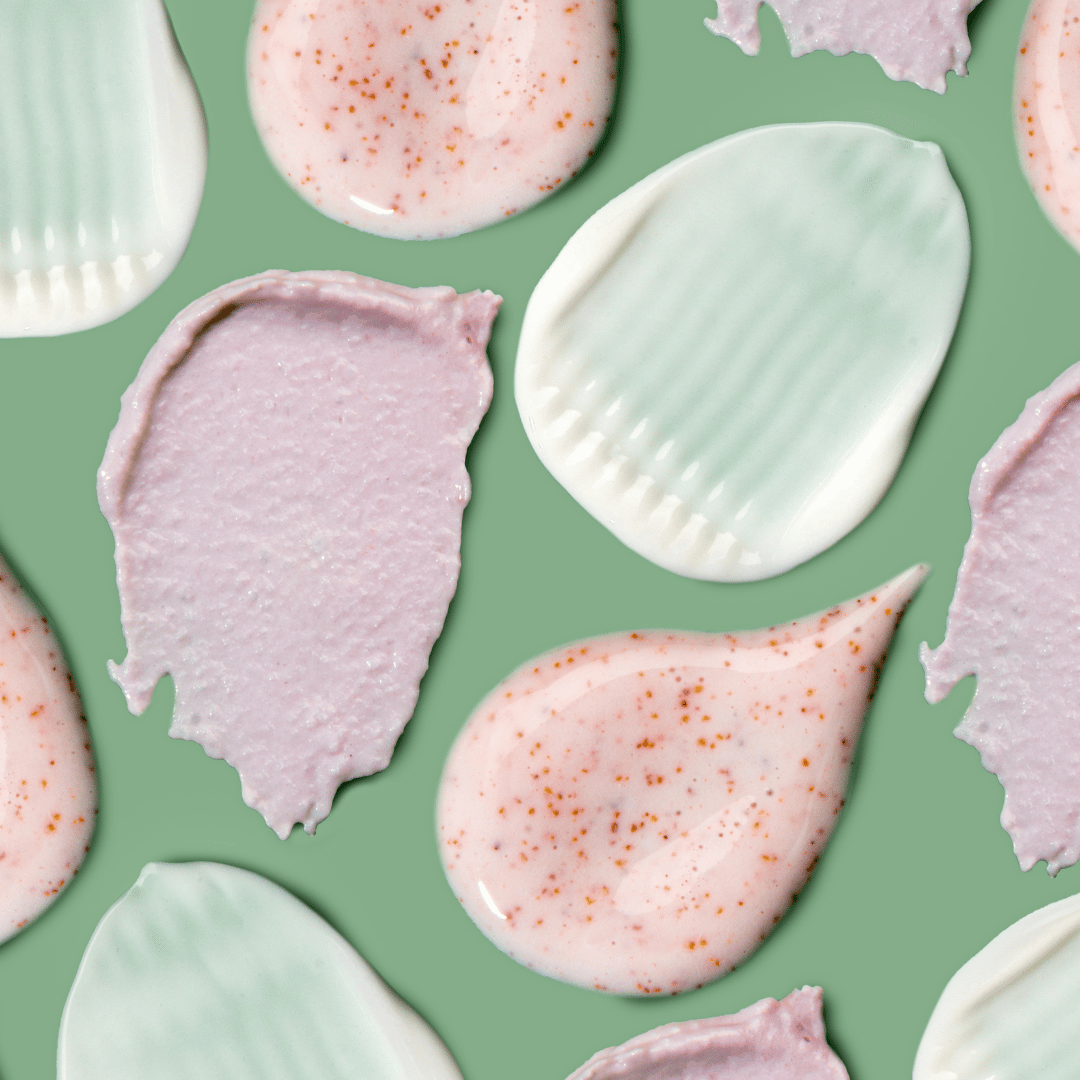Bakuchiol
Move over retinol, there’s a new hydrator in town, and it goes by the name of bakuchiol (pronounced ba-koo-heel). Similar to retinol, bakuchiol works to calm, smoothe, and hydrate the skin. However, unlike retinol, bakuchiol is 100 percent plant-based and as gentle as can be, making it suitable for sensitive skin. For this reason, it’s time we get to know a little more about this powerful retinol alternative.
What is Bakuchiol?
Like most extracts, bakuchiol is derived from a plant. In this case, it comes from the babchi plant, which is native to India and has a spiky purple flower. The herb has been used for centuries in Indian Ayurvedic and Chinese medicines, as it has long been known for having anti-inflammatory and antibacterial properties.
When distilled and turned into a potent extract, bakuchiol has been proven to offer many of the same skincare benefits as retinol, without the irritation. Unlike retinol, which is synthetic, bakuchiol is a natural ingredient, which makes it tolerable to a wider range of skin types.
In fact, studies have shown that retinol is far more likely to cause dryness and irritation than bakuchiol and is more likely to make your skin sensitive to the sun, whereas bakuchiol may actually do the opposite, making your skin less vulnerable to the sun’s harsh UV rays. So if you’ve been a diehard retinol devotee up to now, we highly recommend trying out bakuchiol for yourself.
What are the Benefits of Bakuchiol?
How to Use Bakuchiol Extract
Bakuchiol extract is so gentle that it can be used on all skin types up to twice a day, without fear of irritation. It is likely even safe to use for people who are pregnant or breastfeeding. In terms of how to apply it, we suggest finding a serum, moisturizer, cleanser, or facial oil that contains the herbal extract. We also recommend pairing it with other hydrating ingredients, like sodium PCA, hyaluronic acid, squalene, or beta glucan for a boost of hydration. Ultimately, the choice is yours, but it’s impossible to deny the impressive benefits that bakuchiol offers, especially when compared to its synthetic alternative.



